IMF ‘frowns’ at fuel subsidy as minister outlines mechanism
3 min readThe International Monetary Fund has raised eyebrows after Pakistan decided to provide a fuel subsidy to the “low-income segment” of the country.
State Minister for Petroleum Massadik Malik, however, claims the government will burden the rich, not the exchequer for the subsidy. He also laid out a tentative mechanism for the program.
“The Pakistani authorities did not consult with the IMF staff ahead of announcing their recent fuel subsidy,” Resident Representative of IMF Esther Perez told Bloomberg in a statement on Tuesday.
The government will finalize the mechanism in six weeks.
Prime Minister Shehbaz Sharif announced on Sunday that the low-income segment of the country would be given a subsidy of Rs50 per litre as part of the petroleum relief package, a move aimed at regaining the political capital amidst the soaring inflation and depreciation of the rupee.
Mechanism for petrol subsidy
The relief would be given to low-income consumers, who have motorcycles, rickshaws, 800 cc cars and other small vehicles, according to the government’s plan.
It was increased to Rs100 the next day as announced by junior petroleum minister Musadiq Malik on Monday.
“The prime minister has ordered for implementing of petrol relief scheme within six weeks,” he said, adding that no additional subsidy would be given from the government exchequer.
According to Malik’s estimates, a low-income person needed around 21 litres of petrol per month. “For cheap petrol, a message will be sent. Motorcycles will not be given more than two or three litres of petrol in one go. The poor will be given a relief of Rs100 on every litre of petrol,” he added.
The subsidy came at a time when the ruling coalition government is dealing with multiple challenges of a tottering economy, political instability, and an uptick in terror attacks.
Pakistan’s economy is in a difficult state after the Ukraine war, which shot the fuel prices, the 2022 floods, and decisions of the government, as experts say. Moreover, they have also blamed the changing political situation after the ouster of former prime minister Imran Khan.
IMF
A deal with the IMF is important for Pakistan to avoid default, many experts said as the country imposed Rs170 billion of taxes, removed the artificial cap on the dollar, and raised tariffs. All these decisions were taken to unlock more than $1 billion of funding under the stalled programme.
But, the country is yet to sign the staff-level agreement with the IMF as the lender demands it to materialise the commitments made by friendly countries. It has also asked Islamabad to tax the rich to provide subsidies to the poor.
When the foreign news outlet reached out to the IMF for a comment, the representative said: “Fund staff are seeking greater details on the scheme in terms of its operation, cost, targeting, protections against fraud and abuse, and offsetting measures, and will carefully discuss these elements with the authorities.”
The International Monetary Fund said Pakistan has made “substantial progress” toward meeting policy commitments needed to unlock billions of dollars in loans the country needs to avoid a default.
She also said that a staff-level agreement will follow once the few remaining points were closed. “Ensuring there is sufficient financing to support the authorities in the implementation of their policy agenda is the paramount priority,” Perez added.
For the latest news, follow us on Twitter @Aaj_Urdu. We are also on Facebook, Instagram and YouTube.





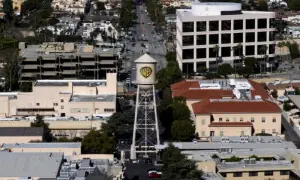









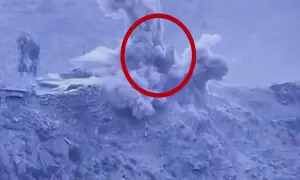
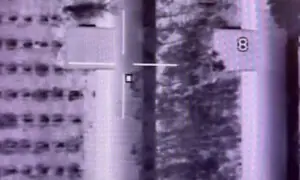
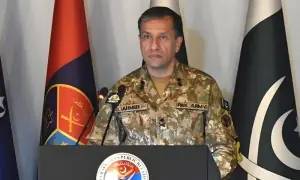
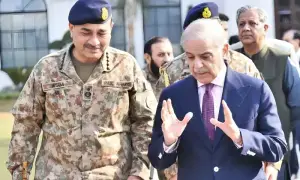
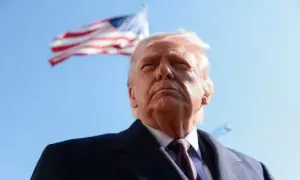
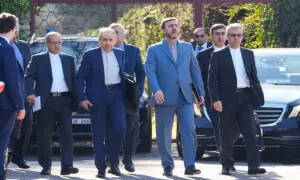
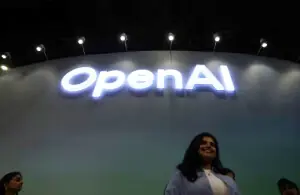
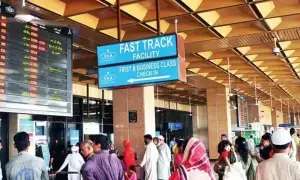
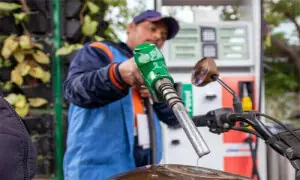
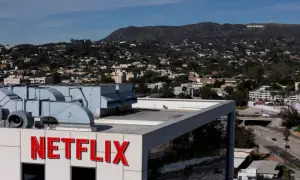
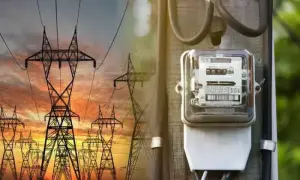
Comments are closed on this story.